Blog
Aquaculture
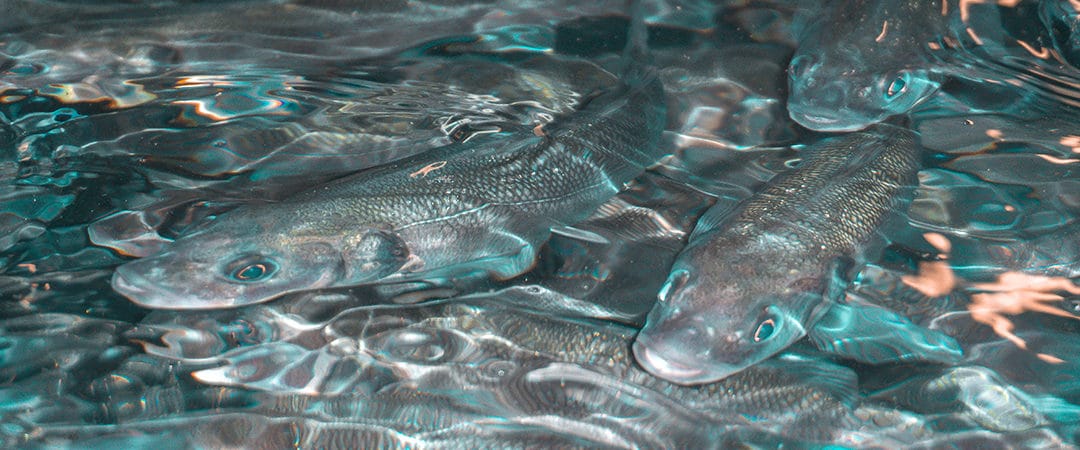
Water temperature and fish welfare
At what water temperatures do different fish species feel comfortable and what influence do changing water temperatures in closed recirculation systems have on the animals? Learn more about this in the blog post.
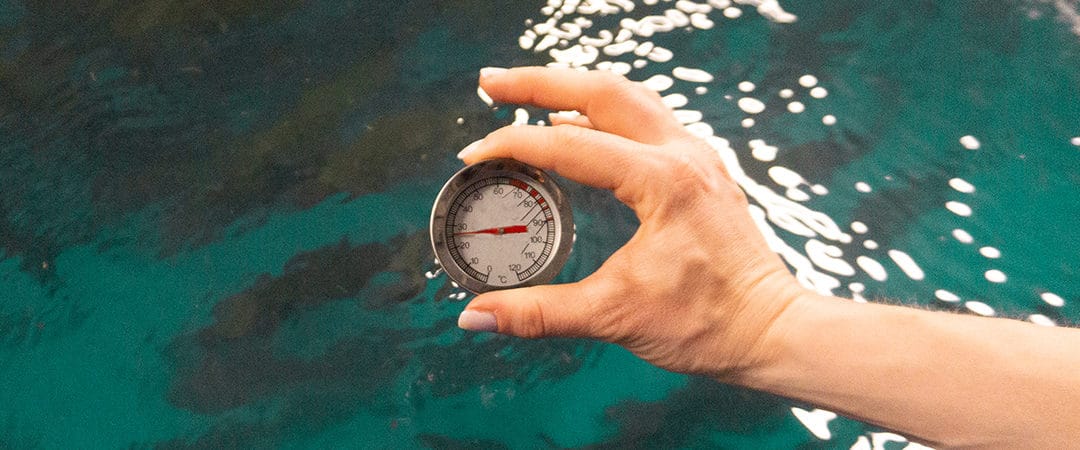
Water temperature in recirculation systems
The water temperature is an important parameter that needs to be controlled in recirculation systems. It has various effects on the water quality and the well-being of the animals. Find out more in our blog post.
Fish farming on land versus fish farming in the sea
„Why are fish so indifferent to us?“ – This is the question asked by reporter Hannes Jaenicke in the ZDF documentary “Im Einsatz für den Lachs”. The documentation shows the fatal consequences of factory farming in so-called salmon farms in net cages for the natural wild salmon stocks and the ecosystem. In our blog post we show that aquaculture also works in an environmentally friendly way.
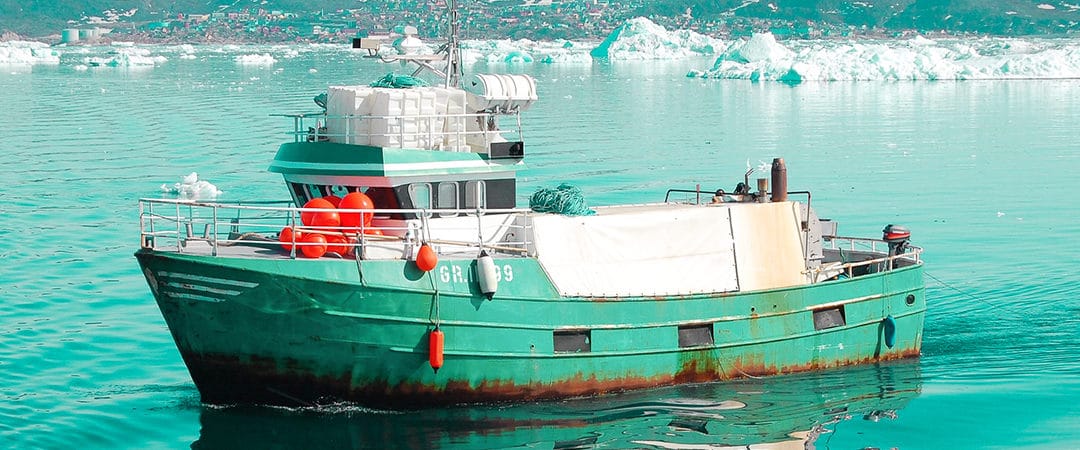
Protecting the oceans with sustainable fish farming
The overfishing of the world’s fish stocks has been an explosive topic for years, which many of us are already aware of. The global demand for fish is constantly increasing and, according to United Nations figures, the worldwide per capita fish consumption today is already over 20 kilograms. Around one third of fish stocks are at the limit, which in concrete terms means that we are robbing ourselves of the foodstuff „sea fish“ in the long term – provided that everything continues to run as it has done up to now.
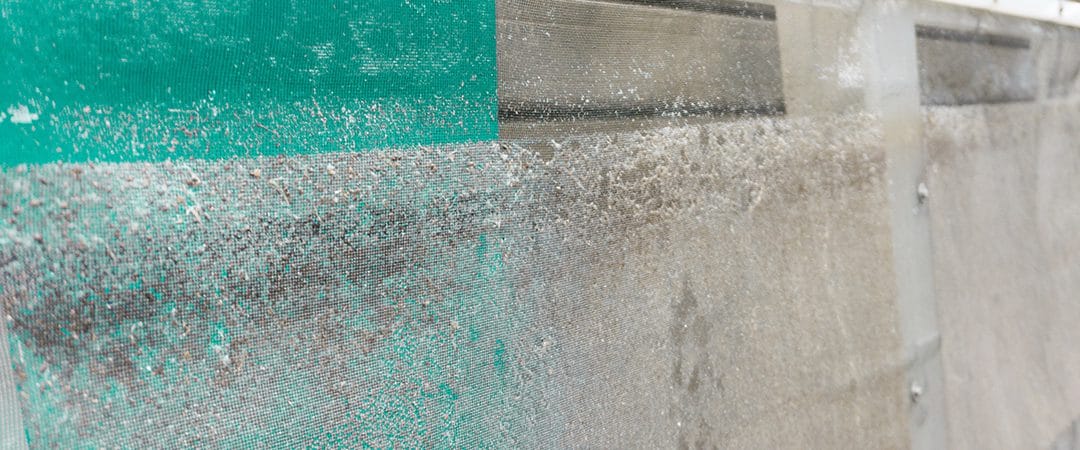
Bacteria and active biofilms
The diversity of bacteria in nature can hardly be surpassed. However, they are so small that we cannot recognize them with our eyes. As invisible pathogens they are very suspicious to us humans. Only modern molecular biology has shown us that they are necessary on the skin and in the intestines to maintain our health. But what role do bacteria play in fish farming, especially in closed aquaculture systems?
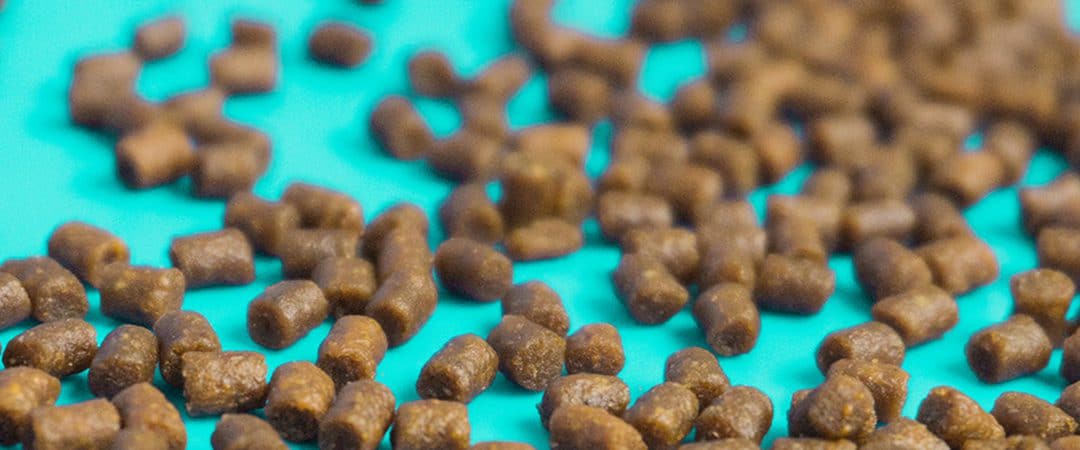
Fish feed in Aquaculture
Many pet lovers and aquarists know that the same applies to animals: „You are what you eat“. Therefore, the food used in fish farming plays an important role in the end product that ends up on the consumer’s plate. At present manufacturers and users of fish feed are rethinking their approach to environmentally friendly alternatives. Thereby, we deal in this blog post with the questions, which food fish need at all, how you can pay attention to a balanced nutrition of the animals and how you can promote their health, well-being and growth.
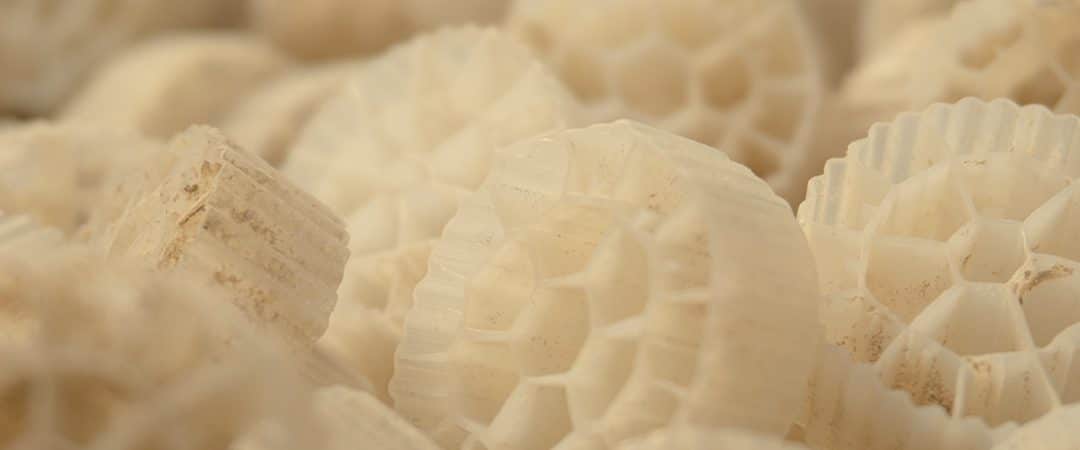
Nitrification and Denitrification
In a recirculating aquaculture system, there are generally accumulating residues in the water through the animal’s excretion and through uneaten feed. One possibility to keep the water of the facility clean, is to clarify it with freshwater. The goal is to exchange as less water as possible. The SEAWATER Cube only exchanges up to 1% of the water per day, other recirculating systems normally exchange 10% of the daily water. How exactly does our Cube manages to add merely such a small amount of freshwater?
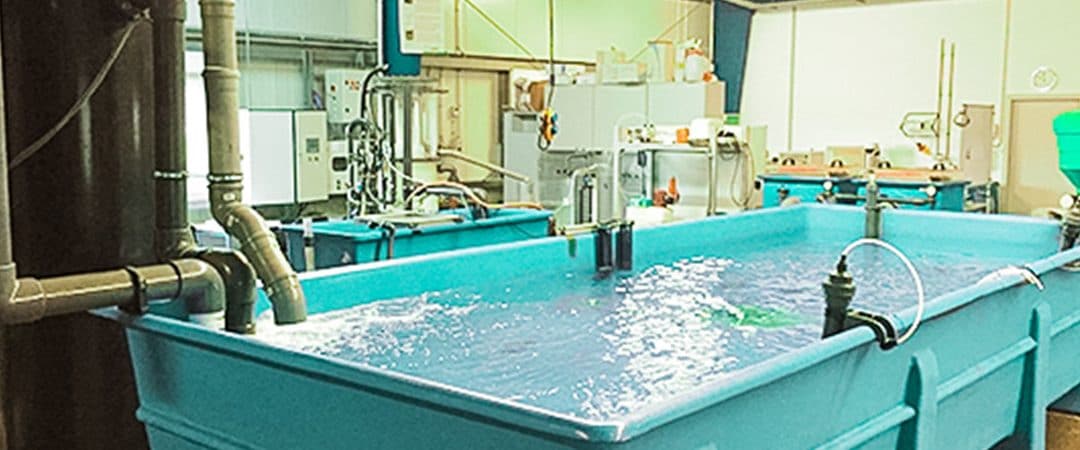
Aquaculture Recirculation Systems
Besides traditional aquacultural cultivation methods like pond culture, net cages and raceways, the closed system called recirculating aquaculture system (abbr. RAS) has been established more and more during the last decades. This is the most modern and above all the most efficient option of all fish farms.
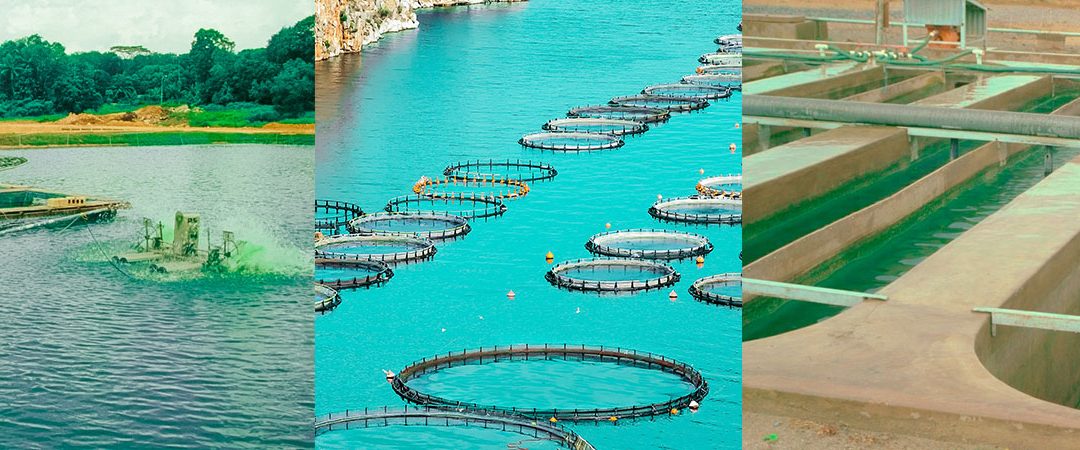
Open Aquaculture Systems
The aquacultural industry is changing. One of the many reasons is the quickly increasing demand of fish. The per capita consumption has doubled within the last five decades. Traditional aquaculture from over 3000 years ago is not efficient enough anymore for providing…
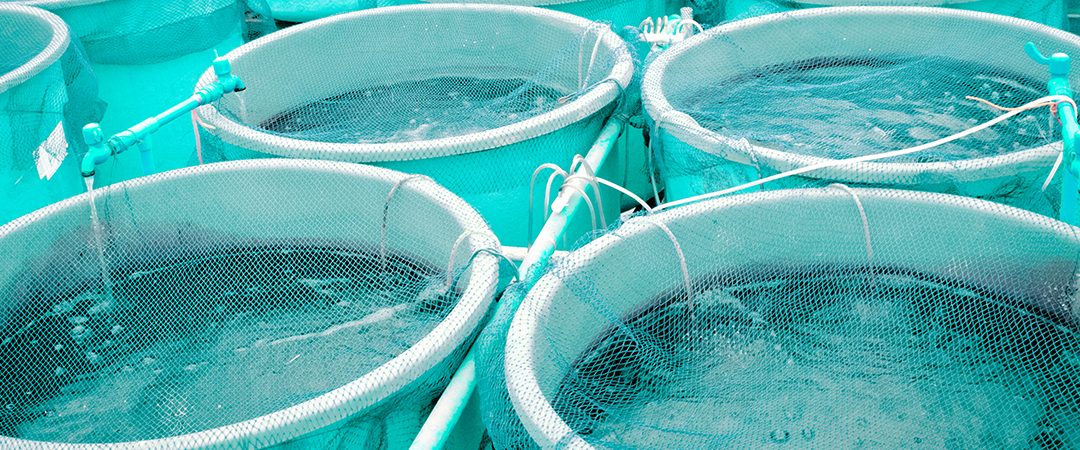
Aquaculture figures
The world population is growing rapidly and within the next 30 years there will be 10 billion humans living on this earth. Due to the tending accession of wealth, there will be more and more consumption of animal proteins. Additionally, the increasing urbanization of…
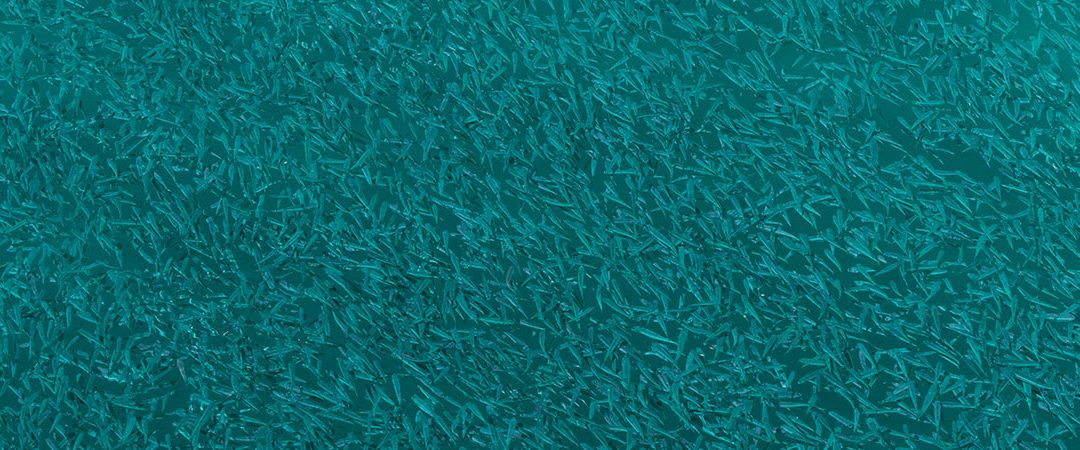
Aquaculture facts
Aquaculture is comprehended as the breeding or cultivation of aquatic organisms (animals and/or plants), in which specific interventions during the upbringing are being made. Such interventions are feeding, (re-)stocking the specimen on a regular basis and all further…